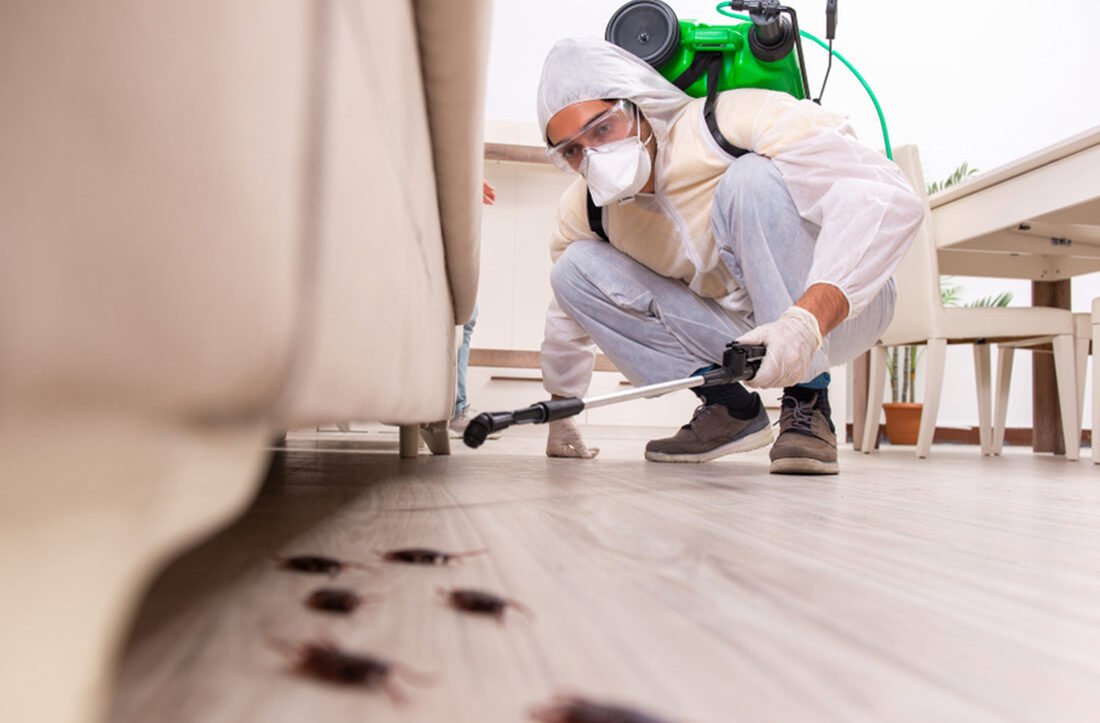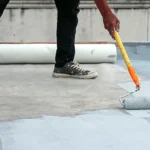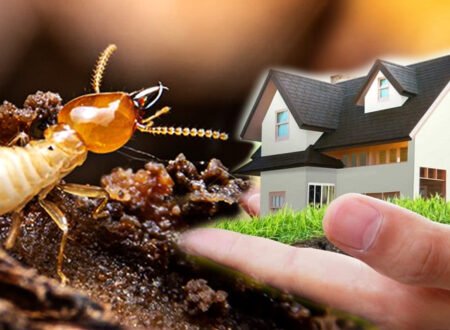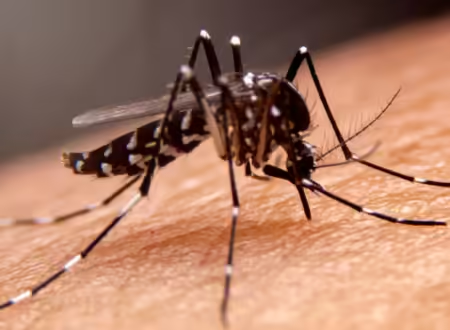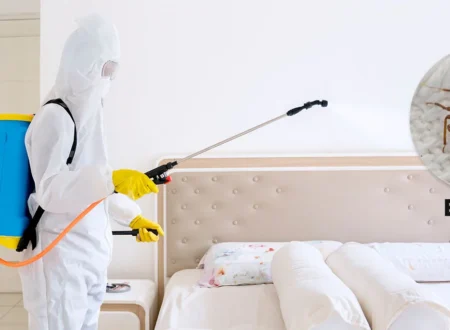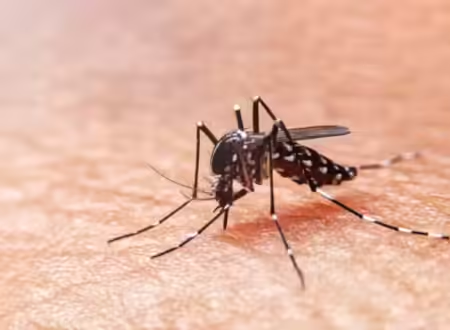Pest control is an essential aspect of maintaining a safe and healthy living environment. Whether you’re a homeowner, a business owner, or a farmer, understanding the importance of pest control can significantly impact your well-being, property value, and agricultural productivity. In this article, we’ll explore why pest control matters, the risks associated with pests, and effective pest management strategies.
Why Pest Control is Crucial
1. Health Protection
One of the primary reasons pest control is vital is its role in protecting public health. Pests such as rodents, cockroaches, and mosquitoes are known carriers of various diseases. For instance:
- Mosquitoes can transmit West Nile virus, Zika virus, and dengue fever.
- Rodents may spread hantavirus and leptospirosis.
- Cockroaches can trigger asthma and allergic reactions, particularly in children.
By implementing effective pest control measures, you can minimize the risk of these diseases, ensuring a healthier environment for you and your family.
2. Property Preservation
Pests can cause significant damage to properties. Termites, for example, are notorious for compromising the structural integrity of homes, leading to costly repairs. In fact, termite damage can exceed billions of dollars annually in the United States alone. Regular pest inspections and treatments can help prevent infestations, preserving your property’s value and safety.
3. Agricultural Productivity
For farmers, pest control is essential for ensuring crop health and maximizing yields. Pests can devastate crops, leading to substantial financial losses. Integrated Pest Management (IPM) techniques—such as crop rotation, biological control, and careful pesticide use—can effectively manage pest populations while minimizing environmental impact. This approach not only protects farmers’ livelihoods but also contributes to global food security.
4. Environmental Stewardship
Modern pest control practices emphasize sustainability and environmental responsibility. By utilizing eco-friendly pest management strategies, such as natural predators or organic pesticides, we can reduce the negative impact of chemical pesticides on the environment. This approach promotes biodiversity and protects beneficial species within ecosystems.
Effective Pest Control Methods
1. Preventive Measures
Preventing pest infestations is the most effective strategy. Here are some tips to help keep pests at bay:
- Regular Cleaning: Maintain cleanliness in and around your home or business.
- Seal Entry Points: Inspect and seal cracks and gaps in walls, doors, and windows.
- Proper Landscaping: Keep vegetation trimmed and avoid overwatering, which can attract pests.
2. Biological Control
Biological pest control involves using natural predators to manage pest populations. For example, introducing ladybugs can help control aphids in gardens. This method is sustainable and reduces the need for chemical interventions.
3. Chemical Control
While chemical pesticides can be effective, they should be used judiciously. Opt for targeted applications and consult with professionals to minimize environmental impact. Always follow label instructions for safe use.
4. Mechanical Control
Mechanical pest control includes traps and physical barriers. For instance, using sticky traps for insects or rodent traps can help manage infestations without chemicals.
5. Cultural Control
Cultural practices, such as crop rotation and proper irrigation, can reduce pest establishment and reproduction. Educating yourself about pest biology and behavior can help in implementing these practices effectively.
Conclusion
Pest control is not just about eliminating unwanted pests; it’s about creating a safe and healthy environment for everyone. From protecting public health to preserving property and ensuring agricultural productivity, the importance of pest control cannot be overstated.
As we navigate a world increasingly affected by urbanization and climate change, adopting integrated and sustainable pest management practices will be vital. By being proactive and informed, you can protect your home, health, and environment from the threats posed by pests.
Call to Action
If you’re facing pest issues or want to implement preventive measures, consider contacting a professional pest control service. Investing in pest control today can save you from larger problems tomorrow. Prioritize your health, property, and environment by taking action against pests!


